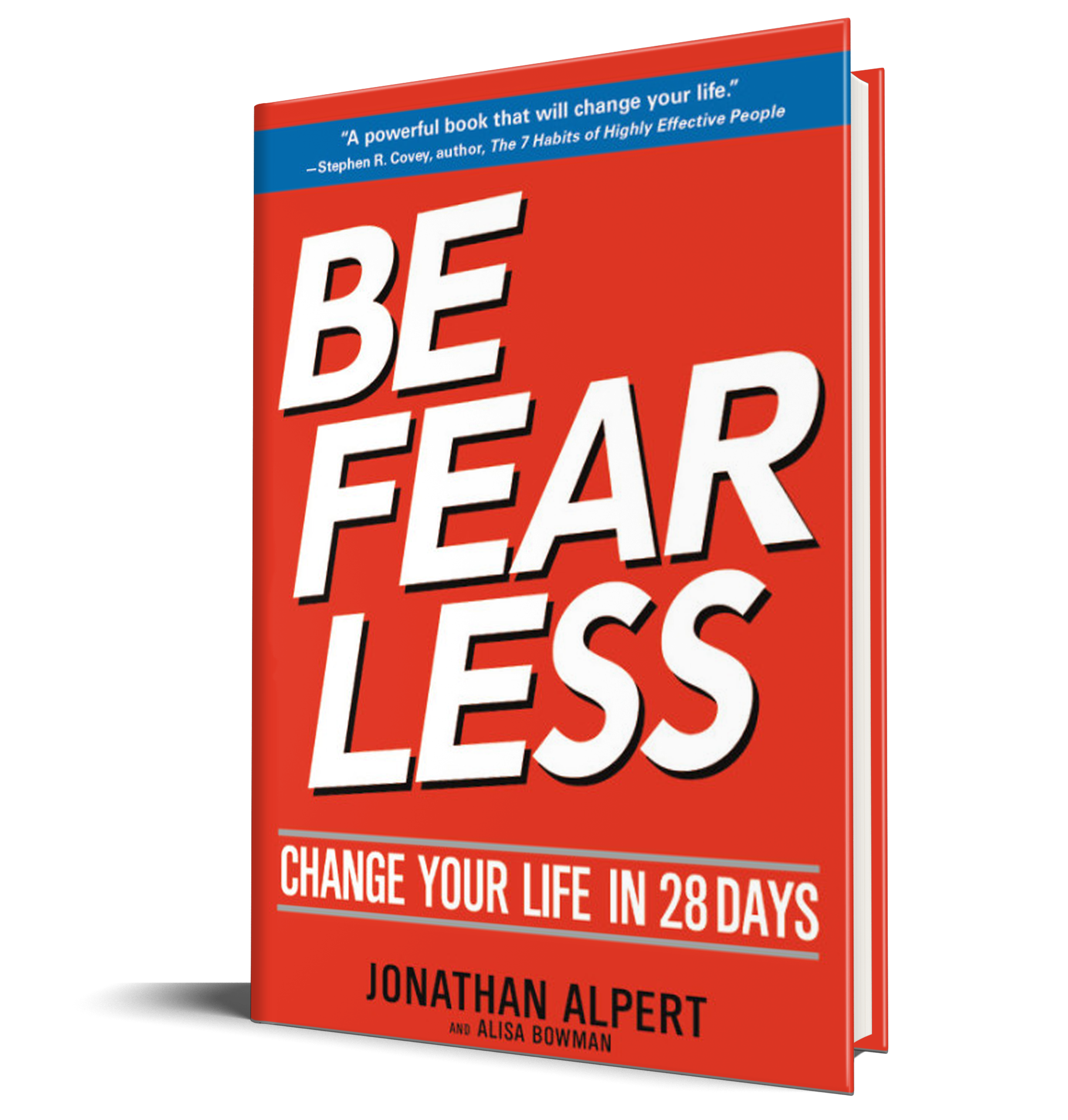By now, there’s no doubt you’ve heard the ubiquitous term, “Dry January” as it dominates social media and headlines. This year it seems to have expanded beyond alcohol and is used more universally and applied to any behavior or substance deemed unhealthy, including alcohol, marijuana, sugar, and time-sucking doomscrolling through Instagram.
As a self-help author that’s all about behavior change, I applaud peoples’ desire for self-improvement. My concern, however, is the short-sightedness of this approach. The Dry January mind-set begs the question: what happens February 1? Do you fall back on pre-January 1 behaviors and habits, or have you perhaps used the past 30 days to reset and re-boot your mindset? To make changes beyond January 30, one must think long term. That’s not to say the 30 day challenge isn’t useful as it can be used to motivate, challenge, and inspire – all important elements of behavior change – but think about what comes after.
Here’s how to drop the limited 30 day mindset and set yourself up for long-term success:
1. Realize the power of your mind.
Without the right mindset, you’ll remain stuck. Every elite and amateur athlete that excels, every performer that gets a rousing standing ovation, and every person who got in shape and improved their health, the person believed in him or herself and fearlessly faced the challenge they faced. You can do the same.
2. Make it all about you.
Internal motivation is far more powerful and lasting than externally driven motives. Now is the time to be selfish. Now is the time to understand what’s most important to you. And now is the time to block out the chatter and distractions found on social media and do what’s best for you. Make sure your resolution meet your needs, not those of others.
3. Feel inspired.
Strive toward something positive, such as growing your business and investing in smart strategies towards that end rather than out of desperation, e.g. waiting until you can’t pay your bills before you take action. Or being stronger, faster, and more flexible, rather than waiting until you can barely get out of your own way or have put on extra pounds. And if you want to succeed, be realistic, be detailed and get out ahead of any potential negative outcomes.
4. Think positively.
The more you focus on not doing something, the more your brain will want it. If I tell myself I will not eat chocolate and keep telling myself that, it only keeps the very thing I’m trying to not think about, ever present on my mind. Similarly, remember the magical attraction of a “confidential” label on a letter? Rather than saying, “I’m not going to eat junk again,” say: “I’m going to improve my diet by adding healthy foods such as whole-grain cereal and replacing soda with water.”
5. Think long term.
A common mistake — and a reason your resolutions likely will fail if you think short term — is that they are set too high and too rigidly. A lofty goal may be unobtainable and lead to frustration if you don’t achieve what you want. Holding yourself to rigid and extreme standards such as “I have to lose 30 pounds this year” doesn’t allow you many options between losing 30 or none. This thinking promotes perfectionism and may lead you to sabotage all of your efforts.
Finally, remember, there’s nothing magical about January, the 30 days that follow it, and New Year’s resolutions. Every day, and every week, presents a new opportunity for change. So get started today.
For more tips on living a healthy and stress-free life, check out my book Be Fearless: Change Your Life in 28 Days.



